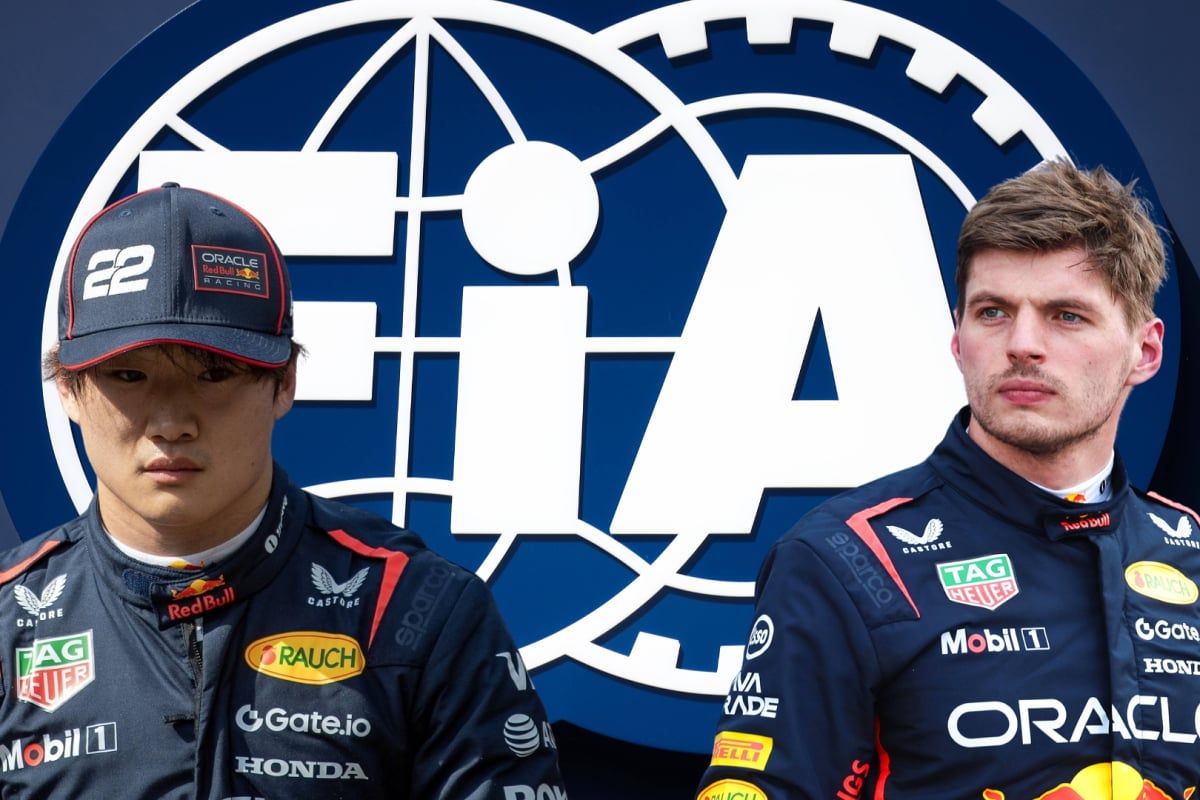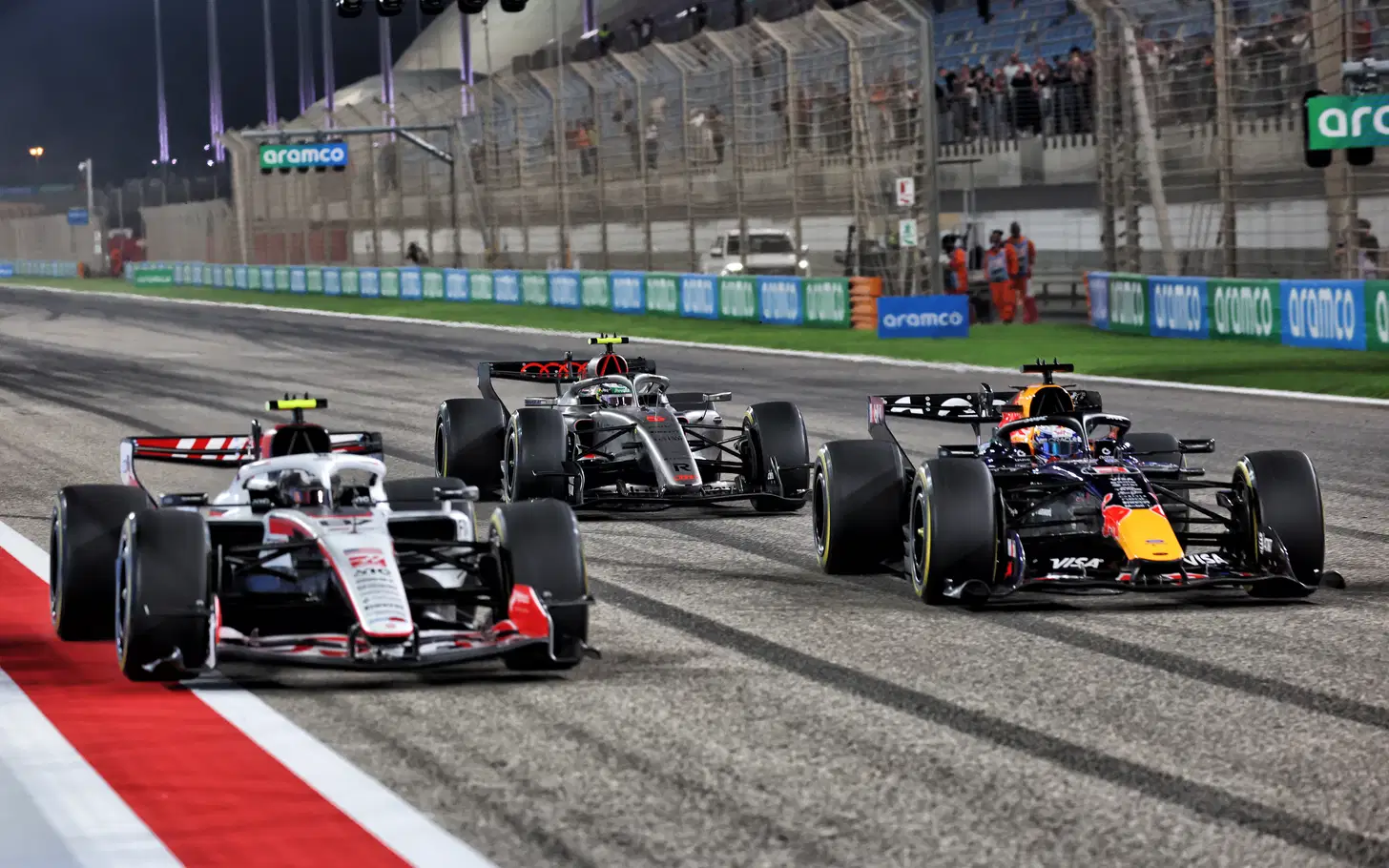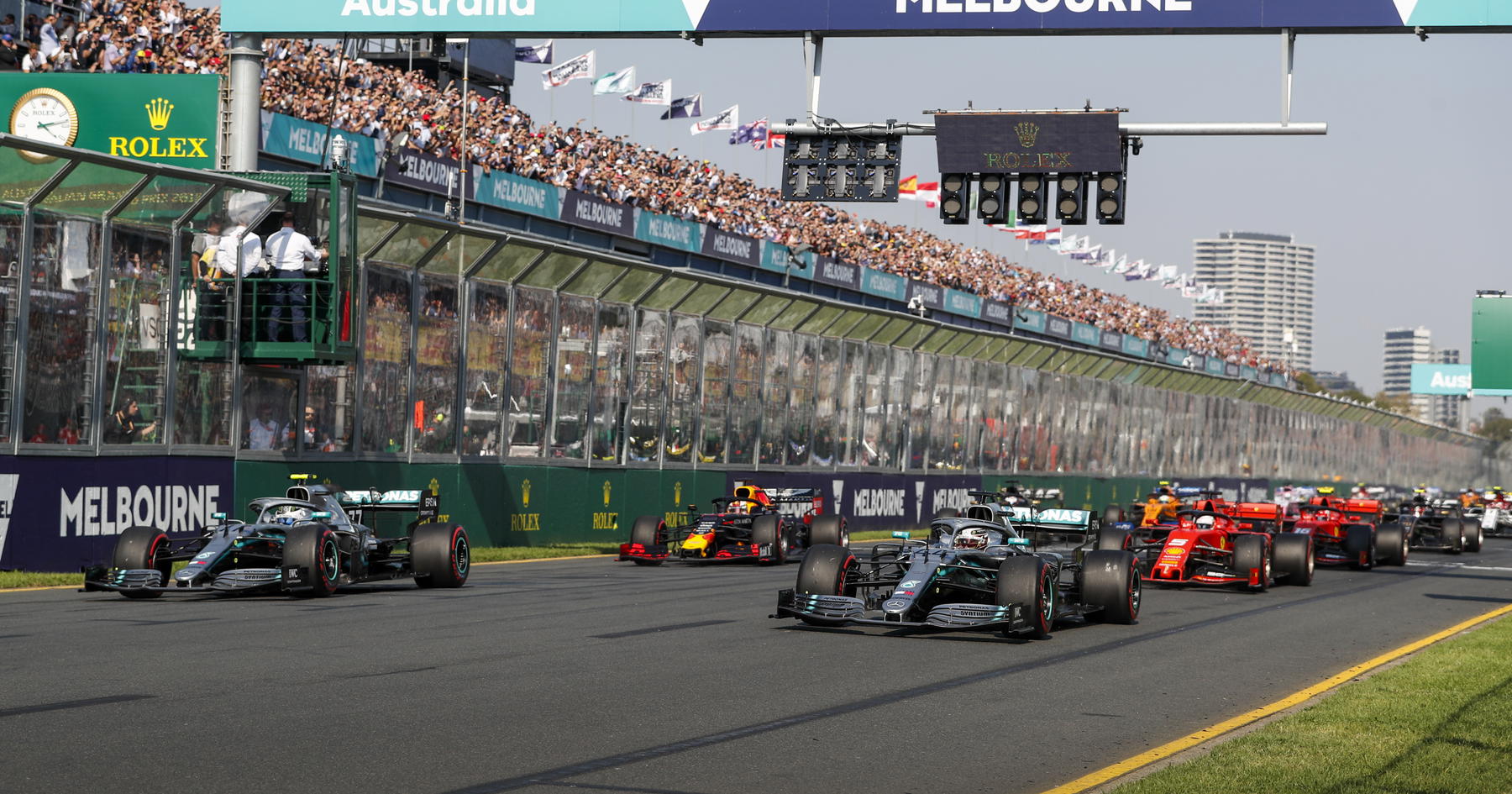European Commission Launches Major Probe Into Red Bull—Could the Fallout Reach Formula 1?
The European Commission has officially opened an antitrust investigation into Red Bull GmbH, marking one of the most significant regulatory challenges the Austrian company has faced in Europe. While the inquiry does not directly relate to its Formula 1 activities, the move has already triggered debate across the motorsport world, with many wondering whether the consequences could eventually stretch beyond the energy drink aisle and into the paddock.
Why Red Bull Is Under Scrutiny
Red Bull is not only one of the most recognizable brands in global sports—it is also one of the dominant forces in the energy drink market. The Commission suspects that Red Bull may have used its market power to unfairly restrict competition, particularly by preventing or discouraging retailers from stocking competing products or larger can sizes.
According to the Commission’s preliminary findings, the company may have employed tactics designed to keep rival energy drink products—especially those sold in cans over 250 millilitres—off the shelves or out of prime positions in stores. Regulators specifically highlighted concerns in the Netherlands, though the implications of the case could affect multiple EU markets.
The Commission believes Red Bull may have offered retailers incentives, benefits, or favourable terms in exchange for exclusivity or reduced visibility of competing brands. If proven true, such practices would violate European competition law, which prohibits companies from artificially blocking rivals or manipulating retail conditions to maintain dominance.
No competitor has been publicly named, but the allegations imply that Red Bull could have specifically targeted a direct challenger in its category—likely one of the fast-growing rivals seeking to gain share in Europe’s lucrative energy drink sector.
A Corporate Giant With a Massive Sporting Footprint
What makes this investigation particularly noteworthy is that Red Bull is no ordinary beverage company. Over the last two decades, the brand has evolved into a global sporting empire. From football to motocross, eSports to skateboarding, and most importantly Formula 1, Red Bull has invested billions in building a unique identity around high-performance competition.
At the centre of this empire is Red Bull Racing, the reigning force in Formula 1 and the team behind three-time world champion Max Verstappen. Their sister outfit, Racing Bulls (formerly AlphaTauri), serves as a secondary squad, developing drivers and sharing certain resources under FIA regulations.
Red Bull’s dual-team ownership has been a point of contention in F1 for years. Although regulations allow shared ownership, rival teams have repeatedly voiced discomfort over the closeness between Red Bull Racing and Racing Bulls. Driver movement between the two outfits is frequent—Pierre Gasly, Yuki Tsunoda, Daniel Ricciardo, and many others have switched teams with minimal transition time. Technical resources are also monitored closely to ensure compliance with the sport’s cost cap and independent chassis rules.
While none of these internal concerns are part of the EU’s investigation, the case has once again raised external speculation about how much corporate pressure could affect the Formula 1 program.
Could this Investigation Affect Formula 1?
At this stage, the Commission has not linked the inquiry to Formula 1, nor has it suggested any wrongdoing in the sport itself. However, the consequences of a potential ruling could still be far-reaching.
If the investigation results in a substantial fine—and EU antitrust penalties have historically reached into the billions—Red Bull may be forced to reconsider spending across its portfolio. Formula 1 is among the brand’s highest-cost projects, despite its massive marketing return. Any financial shock could reopen discussions that have previously surfaced internally about restructuring or selling assets such as Racing Bulls.
The timing also adds to the intrigue. Formula 1 is entering a transformative regulatory era with major power unit changes coming in 2026. Teams are already investing heavily in facilities, staff, and future development. A financial setback could disrupt long-term planning.
There is also a reputational factor. If the Commission concludes that Red Bull engaged in anti-competitive behaviour, the company could face damage to its public image—something of particular concern in Formula 1, where global sponsorships and regulatory compliance are highly sensitive.
What Comes Next
The investigation is still at an early stage. The European Commission will continue collecting evidence, conducting interviews, and analyzing business practices before deciding whether an official breach of EU law has occurred. Red Bull will have opportunities to defend its actions and present counterarguments.
For now, Red Bull insists it operates within competition rules, and no formal accusations have been proven. The case could take months, possibly years, before reaching a conclusion.
Still, the stakes are enormous—not only for Red Bull’s beverage empire but for two of the most influential teams in Formula 1. Whether this becomes a regulatory footnote or a seismic corporate moment will depend on what investigators uncover next.




